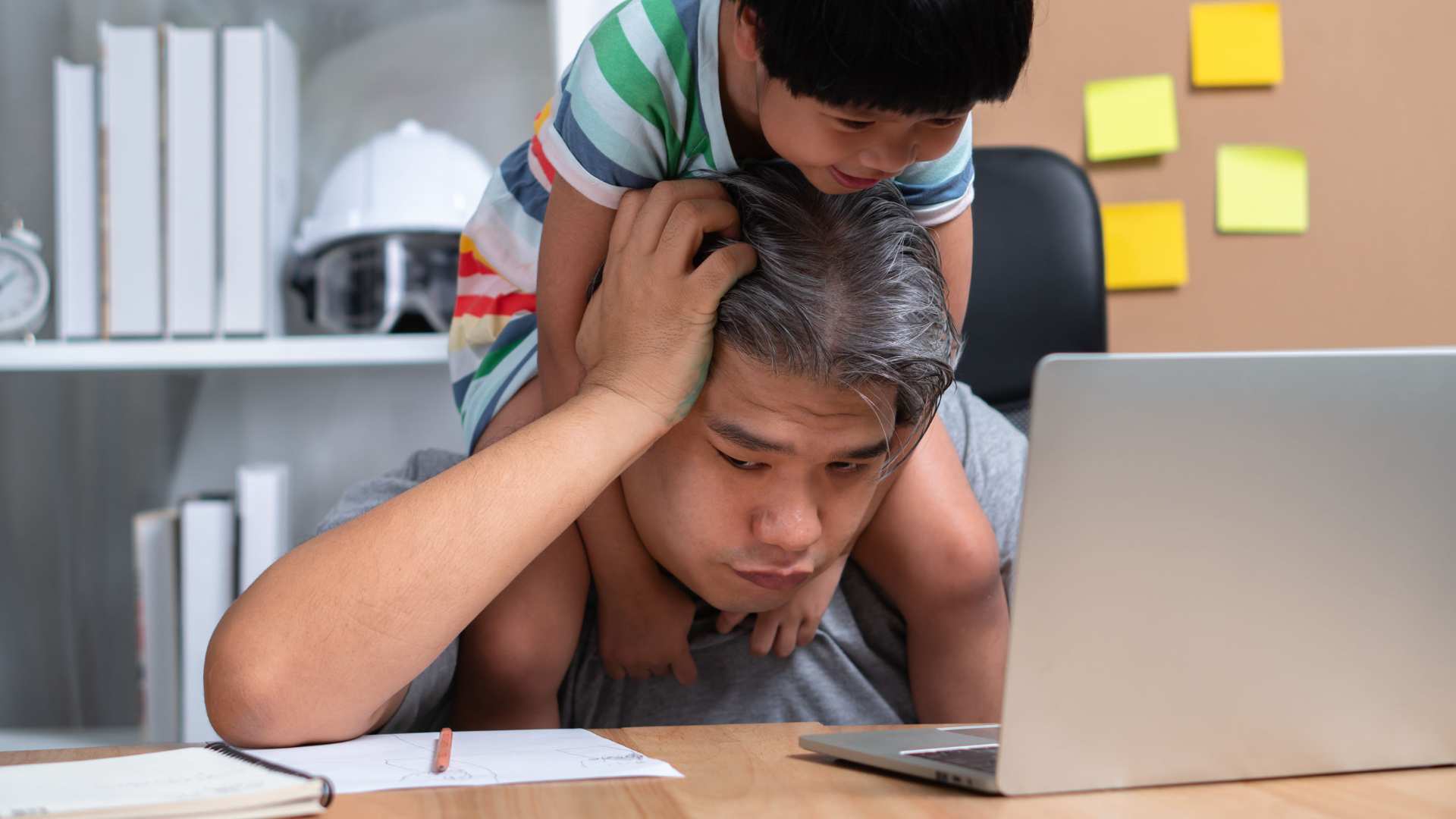Don't Fight With Your Spouse In Front Of Your Kid
One of the golden rules in marriage? Keep your fights behind closed doors. Arguments and disagreements usually accompanied with angry tones, yelling, screaming, name-calling, pushing and violence leave a nasty impact not just to your marriage but more so to your child.
Studies suggest that children who grew up in high-conflict homes experience psychosocial problems and post-traumatic stress among other issues.
Is fighting a regular occurrence in your household? Consider keeping it in private (not during meal time!) if you want to nurture your child with these essential life skills:
1. Emotional stability
A happy child is one who is filled with love, care and affection inside the house. Fighting may induce negative emotions such as hate and disrespect among children, especially if they witness domestic flights frequently. Emotionally sensitive youngsters are at high risk of getting emotionally distressed and can threaten their overall security.
2. Tolerance to substance abuse
According to research, children who grew up in cold, unsupportive, and high-conflict homes are prone to experience disruptions both in their psychosocial functioning and in their stress-responsive biological systems. They tend to acquire poor health behaviours, including substance abuse. To save your child from this potential harm, arrange to have a private discussion with your spouse to sort out issues.
3. Mental alertness and focus
Parental arguing also affects how your child thinks. It triggers stress hormones that directly affect focus and concentration among youngsters. Your constant fights can keep your child's mind preoccupied. Sleep disturbance and compromised academic performance are just some of the consequences that you can prevent if you focus on nurturing your child in a healthy and friendly home environment.
4. Self-Esteem
A roller coaster of emotions may build up once a child is exposed to abusive language or actions. Feelings such as shame, guilt, unworthiness, helplessness, and shame can drag down their self-esteem and cause them to be fearful of the real world. This can take a toll in their future relationships, too. Build up your child's self-confidence by affirming him of your genuine love and concern not just towards them, but to your spouse as well.

International Day of Families
Today (15 May) is International Day of Families, a UN observance day which celebrates the importance of families while promoting awareness about the various issues that families face worldwide.
Family violence on the rise in Singapore
In Singapore, some sobering figures have emerged regarding family violence. in just the first month of the Circuit Breaker (which started on 7 Apr 2020), 476 police reports were filed for hurt, criminal force and assault, criminal intimidation, and wrongful confinement, the Singapore Police Force has said. That's a worrying 22% increase since last year.
In the video below, MP Sun Xueling shows us how we can save a life by recognising signs of family violence and reporting our suspicions:
Recognising the signs of Family ViolenceRecognising the signs of Family Violence You can be someone’s saviour, someone’s hero. Look out for signs of family violence. Victims can be a relative, a neighbour, a child your child knows from school. Report your suspicions. You can save a life. Ministry of Home Affairs, Singapore MSF Singapore
Posted by Sun Xueling on Sunday, 10 May 2020
Helping families in need
Furthermore, with the ongoing COVID-19 outbreak, this year's theme for International Day of Families, which focuses on families in development, is especially relevant, highlighting the importance of social policies which protect vulnerable individuals and families.
Click here to find out how you can help Singapore families in need.
For the latest updates on Wonderwall.sg, be sure to follow us on TikTok, Telegram, Instagram, and Facebook. If you have a story idea for us, email us at [email protected].



/roundup_5_april_2024_rectangle.jpg?sfvrsn=21b9d2d9_1)







